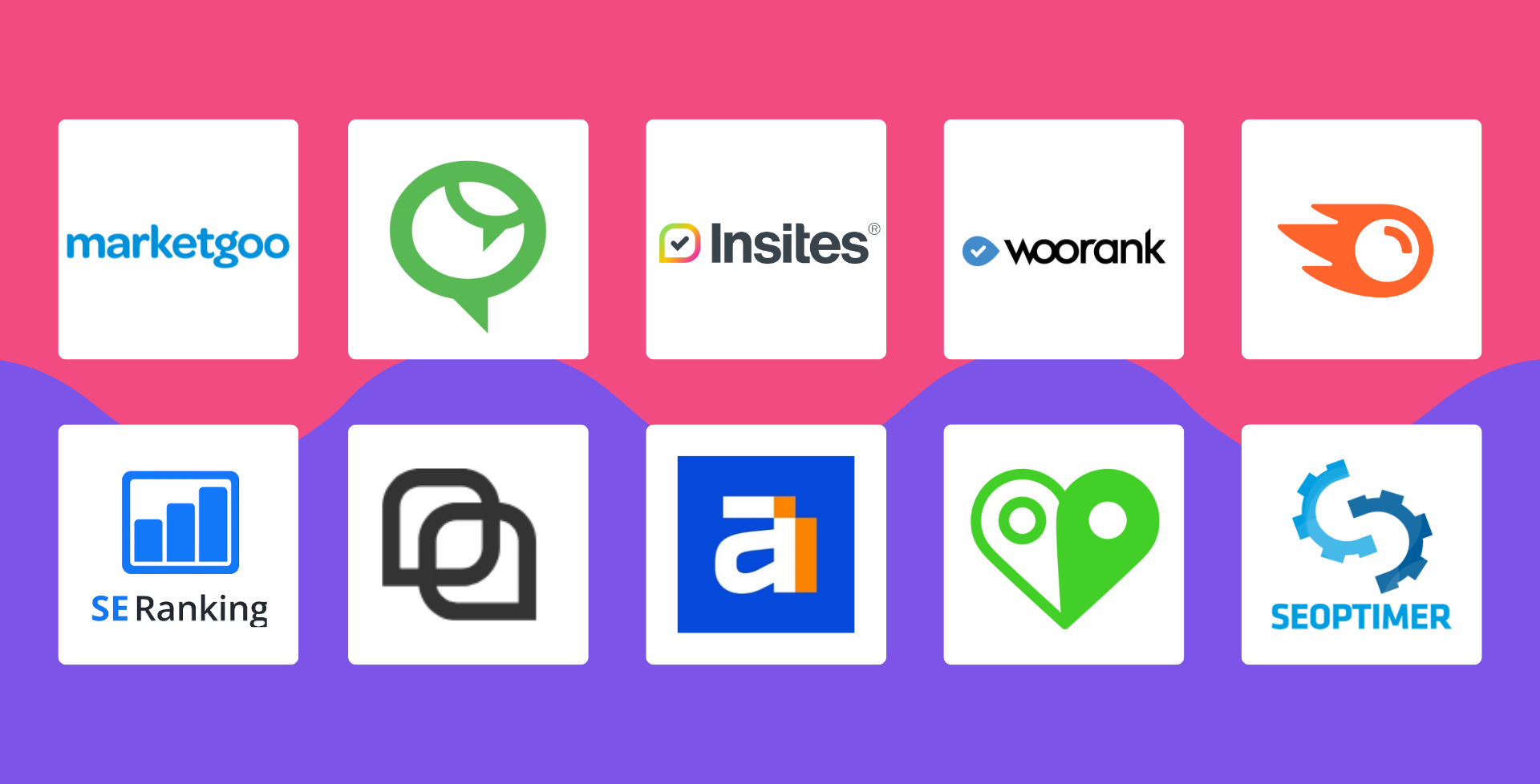Navigating the Digital Services Act: What business owners need to know
Coral Wood • February 20, 2024
Have you heard? The Digital Services Act (DSA) is now official EU law, as of Saturday 17th January, now applies to all online platforms in Europe. And if you don’t think it’s a big deal, think again – just three days after the DSA coming into law, the EU opened formal proceedings against TikTok under this new legislation.
The legislation represents a significant legislative milestone in the digital landscape, aimed at regulating online platforms and services to foster a safer and more transparent online environment. But it’s not just for the TikToks of this world! This legislation is relevant to businesses of all shapes and sizes, so just because you are or cater to small businesses, don’t fall prey to being non-compliant!
For any and all business owners operating in the digital sphere that captures and processes data (for example, from a web store or a newsletter mailing list), an understanding of and being in compliance with the DSA is essential.
To help you get ahead of the changes, here’s our essential guide to understanding the DSA and the actions business owners need to take to ensure compliance:
Understanding the Digital Services Act
The DSA is a legislative initiative by the European Union aimed at modernising the legal framework for digital services. It addresses various aspects of online platforms, including content moderation, transparency, advertising, and user rights.
The primary goal is to establish clear guidelines to promote accountability, safety, and fairness in the digital ecosystem. Or in non-legal terms, meaning that personal data is protected and not processed beyond what was originally consented to.
Legislative Timeline
The European Commission proposed the DSA way back in December 2020 as part of the Digital Services Package. After extensive discussions and revisions, the European Parliament adopted the DSA in late 2022, but member states have now transposed the DSA into national law, ensuring consistent enforcement across the EU – see prior comment about TikTok …
What Are the Key Provisions of the Digital Services Act?
Are you a business owner, or look after the websites of business owners? Here’s what you need to know about the DSA and the 4 key provisions that affect you or your clients:
- Increased Accountability: Websites and platforms must implement measures to detect and remove illegal content promptly, ensuring user safety.
- Transparency Requirements: Websites and platforms are obligated to provide clear information about their algorithms, content moderation policies, and advertising practices. This, in particular, precedes the Google Consent Mode v2 which is mandatory from March 2024 to ensure your ads keep running.
- User Rights Protection: The DSA enhances user empowerment by providing mechanisms for content appeals, complaint handling, and dispute resolution.
- Market Oversight: Certain websites or platforms may be designated as “gatekeepers,” subject to additional obligations to prevent market dominance and promote competition.
Actions for Business Owners to Ensure DSA Compliance
As you have now established, these four key provisions are important. But we understand if you’re scratching your head thinking, “well, what do I do now?” Fear not – here’s what you need to do now:
Run our free GDPR checker tool to find out if your client’s website are compliant!
We’d like to encourage you to read on, it’ll make our copywriter happy. However, if you’re strapped for time and need a fast and accurate report of if your site is compliant (and what to do if it’s not), try our GDPR checker tool here – no data required!
- Conduct a Comprehensive Audit:
Review your platform’s policies, procedures, and content moderation practices to identify areas that require adjustment or clarity.
- Update Terms of Service and Privacy Policies:
Out of date policies are a tale as old as time! Don’t let yourself or your clients down – ensure that your terms of service and privacy policies align with the transparency and user rights requirements outlined in the DSA.
- Implement Robust Content Moderation Tools:
Moderation is key to abide by the DSA – therefore, it’s important to invest in technology and human resources to effectively detect and remove illegal content, such as hate speech, terrorist propaganda, and counterfeit products.
- Enhance Transparency Measures:
Provide users with clear and accessible information about how your platform operates, including algorithms, content ranking criteria, and advertising practices.
- Establish User Feedback Mechanisms:
Implement mechanisms for users to report content, appeal decisions, and resolve disputes, fostering a transparent and, importantly, user-centric environment.
- Stay Informed and Adapt: As we all know, legislation changes, but “I didn’t realise!” won’t stand up to a legal dispute. So make sure to keep abreast of updates and guidance issued by regulatory authorities regarding DSA compliance, and be prepared to adjust your strategies accordingly.
Find out if your site is compliant with our free GDPR checker tool
Navigating the Digital Services Act requires a proactive approach from business owners to ensure compliance with evolving regulatory standards. By understanding the key provisions of the DSA and taking appropriate actions to enhance transparency, accountability, and user rights protection, businesses can mitigate risks and contribute to a safer and more trustworthy digital environment.
 Happy navigating!
Happy navigating!
The Insites Team



























